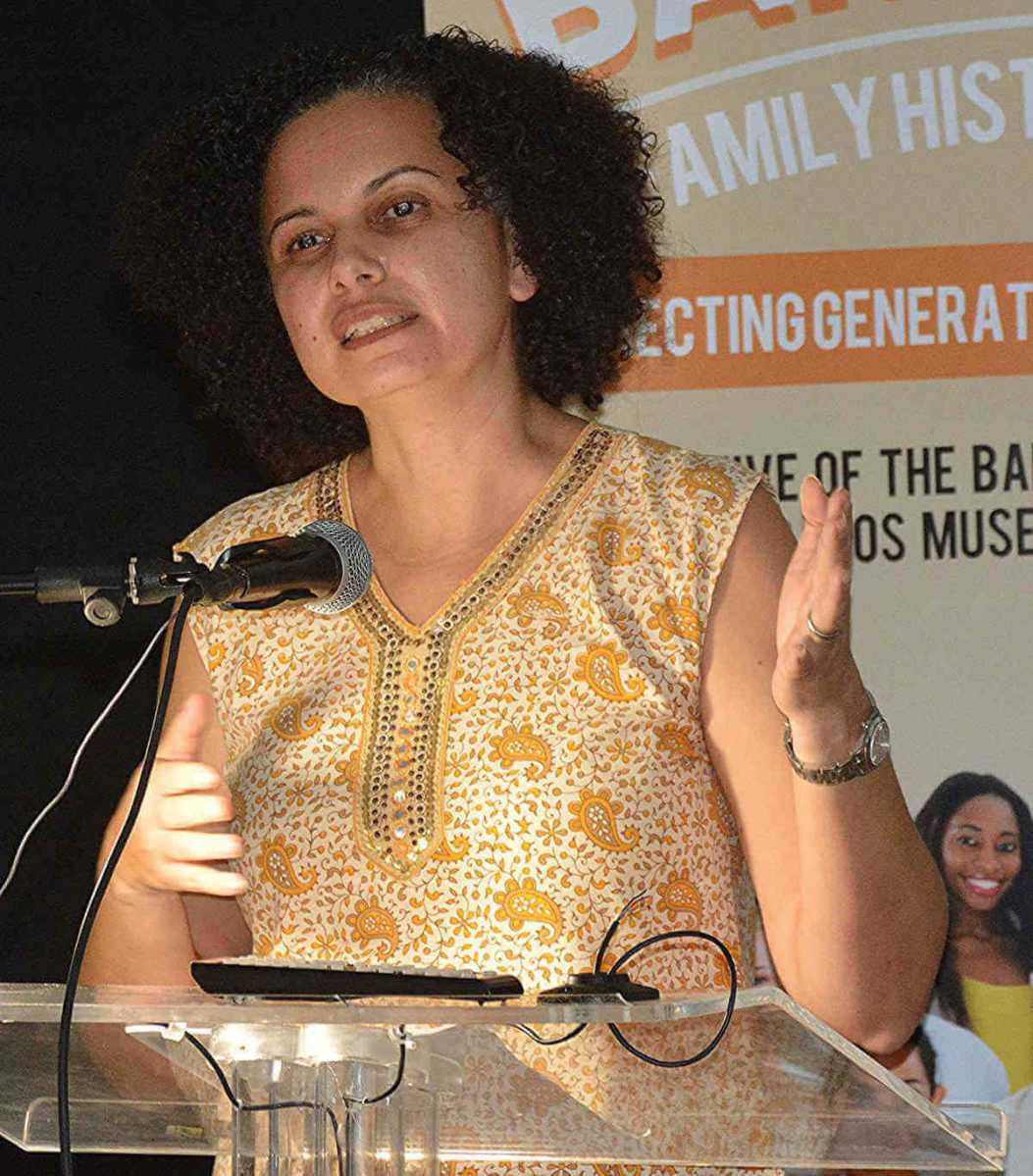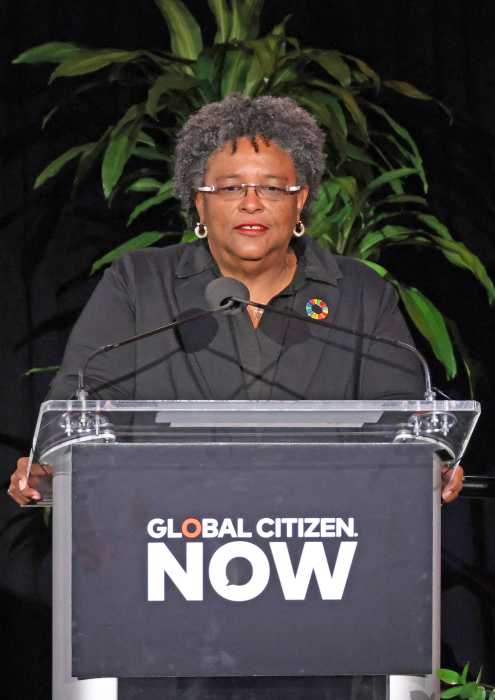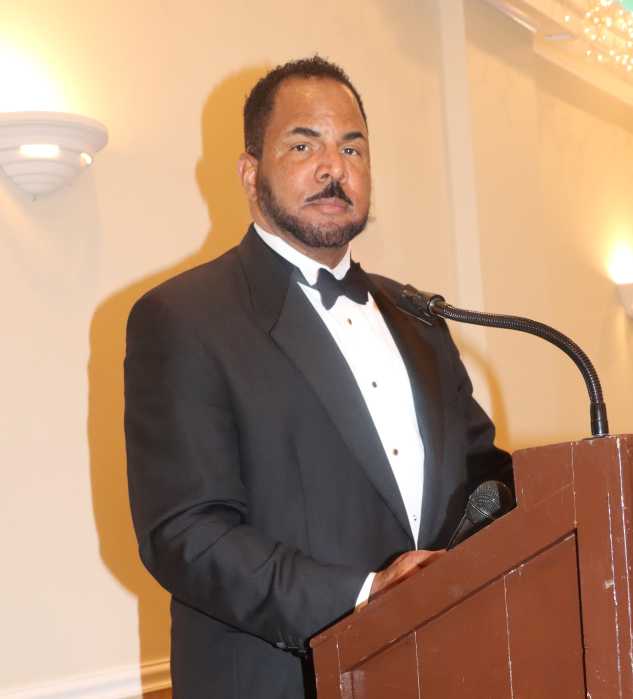University of the West Indies professor, Dr. Tara Inniss, recently said that her research has shown that DNA testing companies target Caribbean, American and other black people of the diaspora because most are descendants of enslaved persons and know little of their ancestral history.
While not seeking to deter anyone from taking the tests, she is advising such curious descendants to be careful as they fall for the specialised advertising and opt to use the service because the companies retain that personal information as their property, which could then be used for other purposes.
Additionally, when a person does a DNA test it often reveals information of other family members who did not request the service.
Genetics Home Reference describes DNA, or deoxyribonucleic acid, as the hereditary material in humans and almost all other organisms. “Nearly every cell in a person’s body has the same DNA. Most DNA is located in the cell nucleus.”
This means that a DNA test may reveal not only a hereditary chain but also race and these features of blood relatives will also be exposed.
Historian Dr. Inniss who has been looking at issues of DNA testing, the perception of DNA testing, how DNA testing has been used to market, especially, people of African descent in and people in the Caribbean, has said persons should make themselves aware of all factors before taking the test because that information is owned by the testing company providing the service.
“When you provide the sample, even if you request it to be destroyed afterwards, it becomes the property of the company.
“You may own your DNA for your lifetime but that sample, or the information derived is theirs forever and since that sample represents genetic information, the company owns that as well as even if family members did not provide consent.”
She pointed to a recent case of pharmaceutical giant, GlaxoSmithKline purchasing shares in one of the leading DNA testing companies and now has access to all the data the company had amassed from previous tests.
Possession of this information by a pharmaceutical company can be used as its intellectual property and as guidelines in developing other products.
DNA tests are pursued by persons wanting to know about their racial composition or hopefully find family members.
“Caribbean descendant persons, especially those of African descent are increasingly being solicited for their genetic information for the purpose of genealogical and ancestry research.
“In 2017 more than 12 million persons mailed saliva samples for genetic testing. We still find subscribers, especially among African-descendant persons in Europe, North America and the Caribbean, many of whom have enslaved ancestors.”
She added, “for this reason alone the prospect of genealogical DNA testing is attractive for lay family historians because of the perception that it can unlock this unknowable past.
“But some of these family lines only stretch back so far into family trees and are not usually not any further than the mid-18th Century, for which we have very limited documentary sources to prove family relationships especially for enslaved ancestors who were anonymously traded into our Caribbean slave societies through the trans-Atlantic slave trade, were often not mentioned by a traceable name in records or represented in any kind of family group.
“The oral traditions that many families rely on are often broken by silences that mediate politics and respectability after emancipation that labelled illegitimacy as inferior and one’s racial origins as being subordinate.
“So, for generations of Caribbean people the past seemed tangled, warped and unknowable.
“The promise of genealogical testing is that it will help to untangle, unwarp that past and make it knowable.”


























